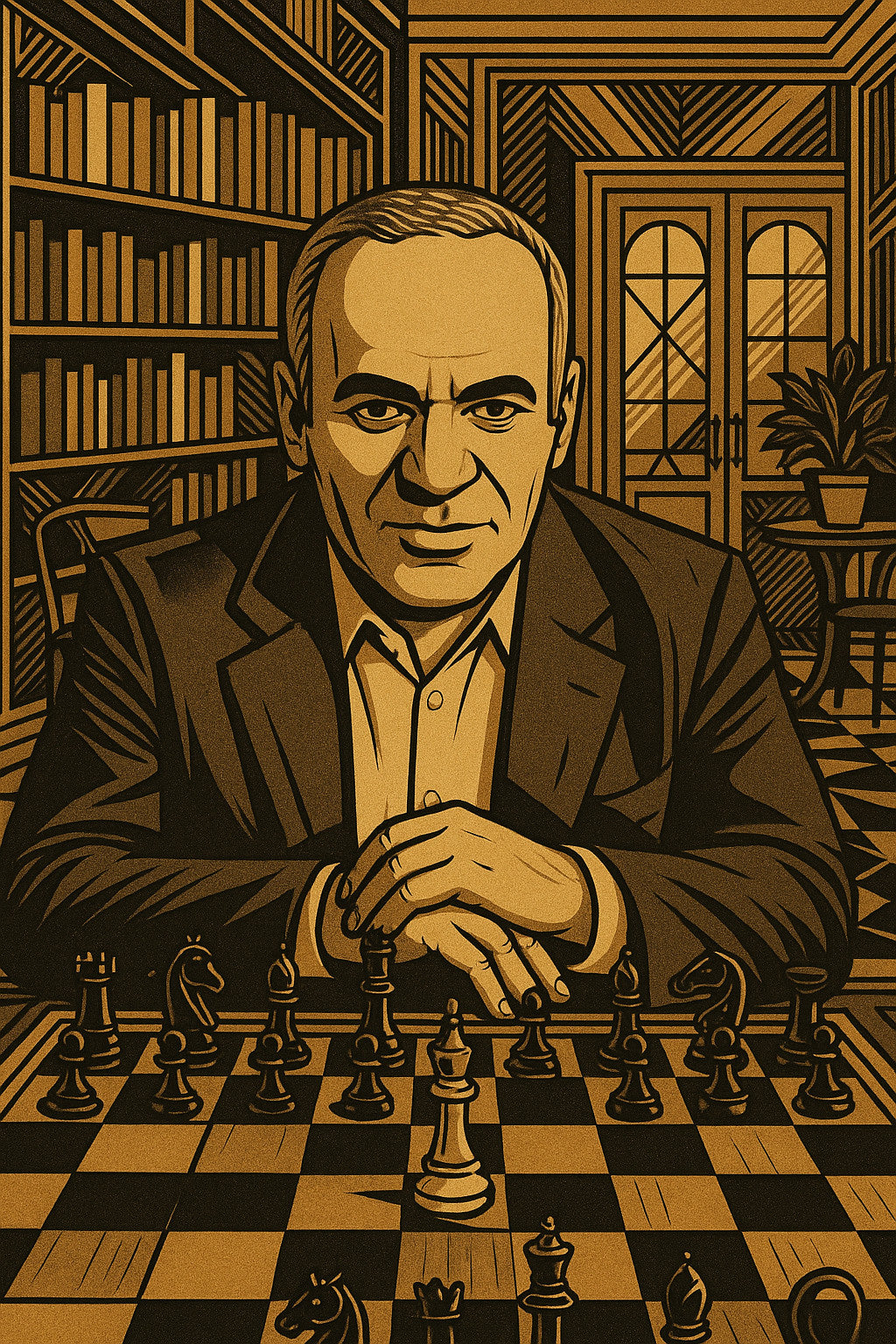Garry Kasparov, widely regarded as one of the greatest chess players of all time, left an indelible mark on the game. His innovative strategies, aggressive playing style, and profound understanding of chess principles revolutionized the way chess was played and studied. This article delves into Kasparov's career, highlighting key moments, strategic innovations, and his lasting impact on the world of chess.
Early Life and Prodigious Talent
Garry Kasparov, born Garik Kimovich Weinstein in Baku, Azerbaijan, displayed exceptional chess talent from a young age. His early training under the tutelage of renowned chess coaches honed his skills and laid the foundation for his future success. By the age of 12, Kasparov had already earned the title of Soviet Junior Champion, signaling the arrival of a chess prodigy.
The Rise to World Champion
Kasparov's ascent to the world chess championship was meteoric. He challenged the reigning champion, Anatoly Karpov, in a series of matches that captivated the world. Their battles were not only a clash of chess titans but also a symbolic representation of the political tensions between the Soviet Union and the West. After a controversial first match in 1984-85, which was prematurely terminated, Kasparov emerged victorious in 1985, becoming the youngest world chess champion at the age of 22.
Strategic Innovations and Playing Style
Kasparov's playing style was characterized by its dynamism, aggression, and deep strategic understanding. He was a master of opening preparation, often surprising his opponents with novel ideas and aggressive lines. His tactical acumen was unparalleled, allowing him to calculate complex variations and exploit even the slightest weaknesses in his opponent's position. Kasparov's games were a blend of strategic depth and tactical brilliance, making him a formidable opponent.
Key Matches and Rivalries
Throughout his career, Kasparov engaged in numerous high-profile matches and rivalries. His battles with Anatoly Karpov defined an era of chess, with their encounters becoming legendary for their intensity and strategic complexity. Kasparov also faced challenges from other top players, including Vladimir Kramnik, Viswanathan Anand, and Nigel Short, each encounter adding to his rich legacy.
Impact on Chess Theory and Practice
Kasparov's influence extended beyond his own games. He made significant contributions to chess theory, developing new opening systems and refining existing ones. His games served as a source of inspiration and study for generations of chess players. Kasparov also embraced technology, using computers to analyze games and prepare for tournaments, paving the way for the modern era of chess analysis.
Retirement and Continued Influence
In 2005, Kasparov announced his retirement from professional chess to pursue political activism. However, his passion for the game remained undiminished. He continued to promote chess through his writings, lectures, and online platforms. Kasparov's legacy as a chess player, strategist, and intellectual continues to inspire chess enthusiasts around the world. His contributions to the game are a reminder of the power of human intellect and the enduring appeal of chess.

